Mile
Brujic
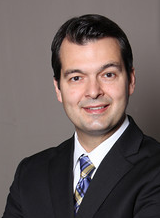

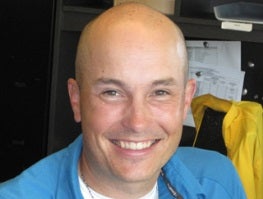 Jeff
Nagge
Jeff
Nagge

Jeff Nagge completed his Bachelor’s and Doctor of Pharmacy degrees at the University of Toronto; and a pharmacy residency at McMaster University Medical Centre. After completing his training, he spent two years as a Clinical Team Leader in Cardiology at Toronto General Hospital. Jeff is currently a clinical pharmacist at the Centre for Family Medicine Family Health Team in Kitchener, and a Clinical Assistant Professor at the School of Pharmacy, University of Waterloo. His areas of interest include anticoagulation, cardiovascular therapeutics, and engaging patients in the process of shared decision making.
 Earl
L.
Smith
Earl
L.
Smith

Smith received his OD (1972) and PhD (1978) from the University of Houston and subsequently joined the faculty of the UH College of Optometry. During his tenure in the College of Optometry, he has served as the Chair of the Basic Sciences Department, as the Associate Dean for Graduate Studies and Research and as Dean. Professor Smith currently holds the Greeman-Petty Professorship in Vision Development and is serving as the Interim Chief Health Officer of the University of Houston.
Professor Smith’s research interests are focused on the optics of the eye. He received the Glenn Fry Award (1996) and the Prentice Medal (2010) from the American Academy of Optometry for his research on the role of vision in regulating refractive development and eye growth. Professor Smith has published over 160 refereed papers and received 33 years of research funding from the National Institute of Health’s (NIH) National Eye Institute (NEI). He is also an accomplished lecturer, having received teaching awards at the department, college and university levels and in 2003 was selected by the Texas Optometric Association as its Educator of the Year.
Professor Smith is an active member of the vision science community. He is a Fellow of the American Academy of Optometry, an ARVO Fellow (inaugural class), a past President of the American Optometric Foundation (2002), a past President of the Association of Schools and Colleges of Optometry (2010), a past Member and Chair of NIH NEI’s Central Visual Processing Study Section (1998-2003), and a past member of NIH’s National Advisory Eye Council (2005-2008).
 Ian
L.
Bailey
Ian
L.
Bailey

Bailey is a clinician/scientist whose main interests have been in clinical visual optics and psychophysics with a special focus on low vision. He obtained his optometric and research training at the University of Melbourne, The City University in London and Indiana University. Since 1976, he has been as a Professor of Optometry and Vision Science at the University of California, Berkeley.
He
is
perhaps
best
known
for
his
work
with
Jan
Lovie-Kitchin
developing
new
“logMAR”
design
principles
for
visual
acuity
charts
and
the
method
of
scoring
visual
acuity
in
terms
of
logMAR.
He
has
made
noteworthy
contributions
towards
developing
a
more
rational
and
scientific
approach
to
optometric
low
vision
care,
and
he
also
has
developed
new
tests
and
procedures
related
to
the
clinical
assessment
of
vision.
He
has
received
many
awards
recognizing
his
contributions
to
vision
science
and
to
clinical
low
vision
care.
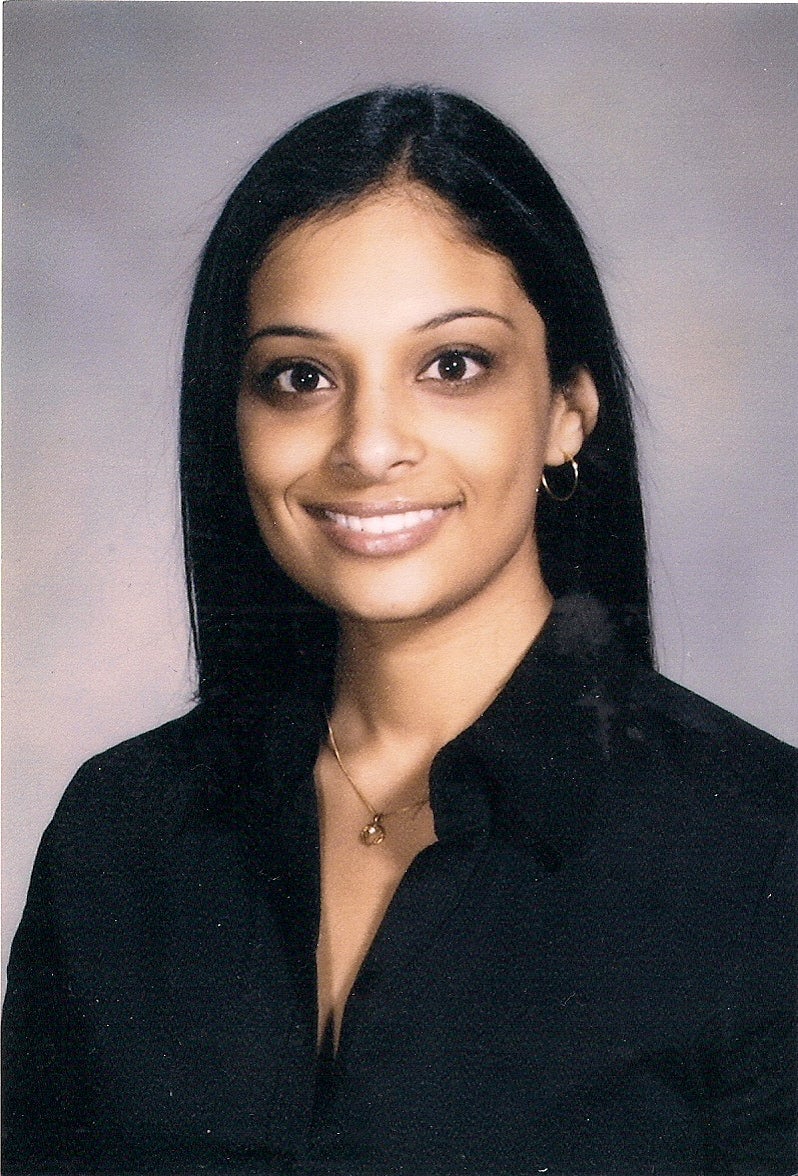 Nadine
Furtado
Nadine
Furtado

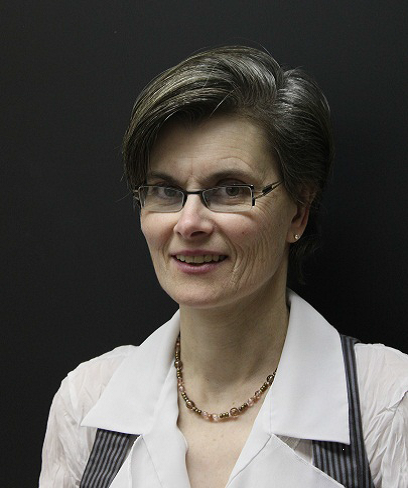 Elizabeth
Irving
Elizabeth
Irving

Elizabeth Irving obtained her OD in 1983 and PhD in Vision Science in 1994 from the University of Waterloo. She is currently a professor at the University of Waterloo, School of Optometry and Vision Science. She was the head of the Binocular Vision Service at the School until taking up a Canada Research Chair in 2001. She is an Affiliated Scientist with the Vision Science Research Program at the Toronto Western Hospital, with adjunct appointments to the Department of Ophthalmology, University of Toronto and the Center for Vision Research at York University. Currently, Dr. Irving is the Interim Clinic Director at the School of Optometry and Vision Science and holds a University Research Chair at the University of Waterloo.
Dr. Irving is a clinician scientist with interests in adaptation to the visual environment, change in visual/ocular function across the lifespan, and binocular vision. She has studied the effects of altered visual experience on eye development using animal models and was the first to show a dose dependent response of refractive error to positive and negative defocus. She has also done work in the area of functional visual field, the development of a computer game for eye exercises, vestibular adaptation to anisometropic spectacle lenses, and has investigated the lifespan changes of a variety of visual functions.
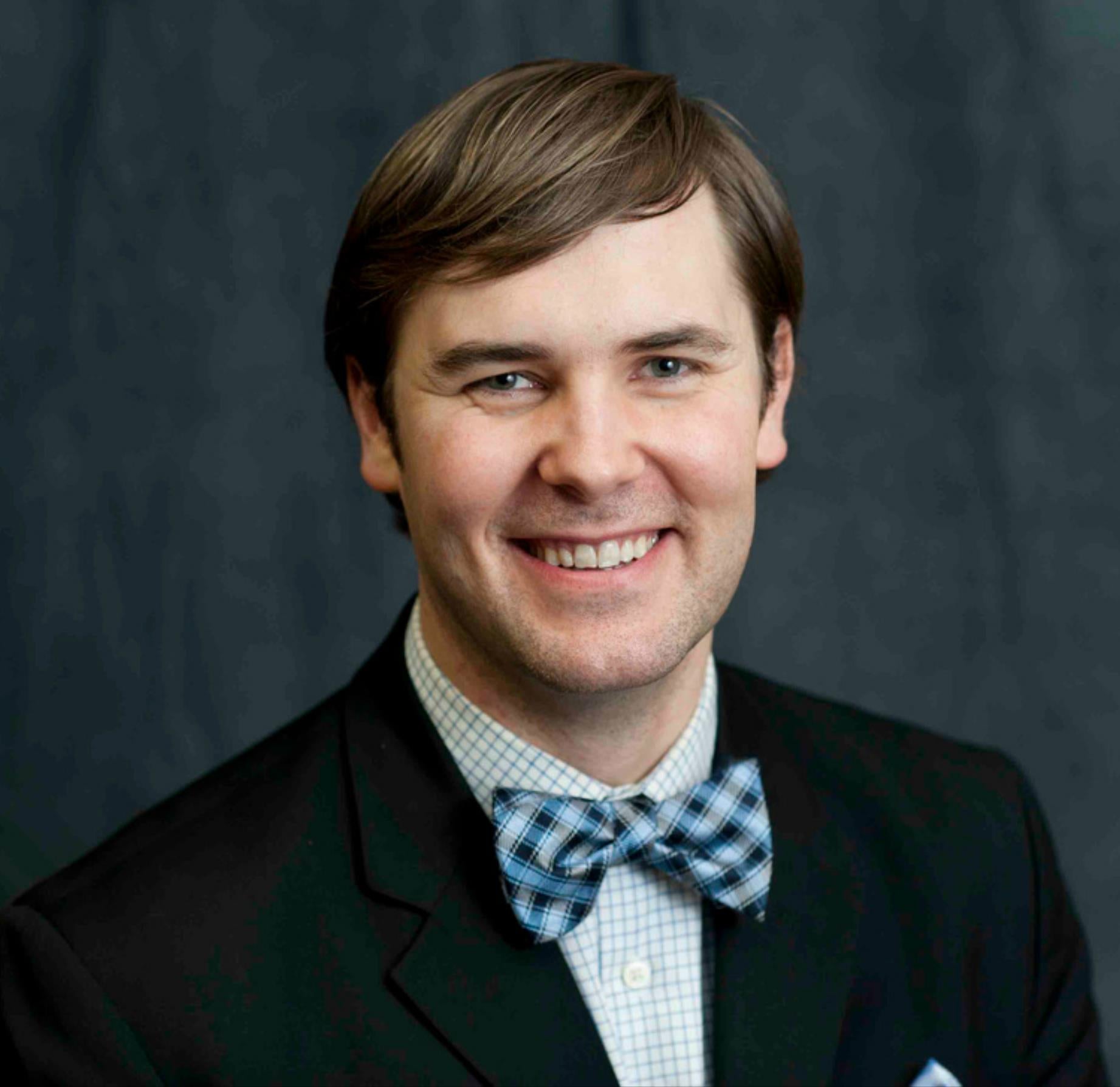 Dave
Kading
Dave
Kading

Dave Kading owns a 3 doctor 2 location practice in Seattle Washington. He graduated from Pacific University College of Optometry before being accepted to their prestigious Cornea and Contact Lens Residency. Dr. Kading specializes in complicated contact lens fitting. His referral based dry eye and contact lens clinics are well known for utilizing the latest technology for complex or rudimentary dry eye or contact lens fits.
Dr. Kading welcomes interns from 5 different optometry schools into the practice, and is a frequent guest lecturer at schools around the US. Outside of practice he co-owns Optometric Insights with Dr. Mile Brujic. Optometric Insights inspires success by helping emerging optometrist’s transition into the practice of their dreams as well as educating clinicians in novel and unique ways to diagnose and treat patients.
Dr. Kading enjoys conducting clinical research within his practice, he has written over one hundred articles and papers, and has given several hundred lectures in North America, Europe, and Asia. He works closely with industry, publications, local, state, and national organizations. He has a regular column in contact lens spectrum, contact lens today, and a digital video series called Clinical Insights on Eyetube OD.
Above all things, he enjoys spending time with his wife, Dr. Kristi Kading and their two daughters (Olivia 3, and Elise 1 year old) at their Woodinville home.
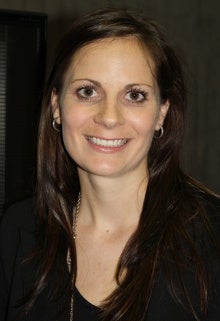 Sarah
MacIver
Sarah
MacIver

Sarah MacIver earned her Doctor of Optometry degree at the Waterloo School of Optometry and Vision Science. She completed residency training in ocular disease at the SUNY State College of Optometry in New York City before joining the faculty at the University of Waterloo School of Optometry and Vision Science as a clinical lecturer in ocular disease in 2011. She won the OAO President’s award in 2013.
She is head of the Health Sciences Optometry Clinic, a satellite clinic integrated with the McMaster School of Medicine’s, Center for Family Medicine. Areas of clinical interest include glaucoma, ocular inflammation in AMD, dry eye disease, ocular imaging and inter-professional collaboration.
She works closely with the Ontario Association of Optometry and is the chair of the Stakeholder Outreach Committee. She is a fellow of the American Academy of Optometry and a board member of the American Academy of Optometry Nutrition, Disease Prevention and Wellness Special Interest Group.
Chryssa
McAlister


Chryssa McAlister practices as a comprehensive ophthalmologist in Kitchener, Ontario, with an academic interest in bioethics and medical history. She has recently completed an MHSc at the Joint Centre for Bioethics in Toronto and maintains academic appointments at the University of Toronto and McMaster University.